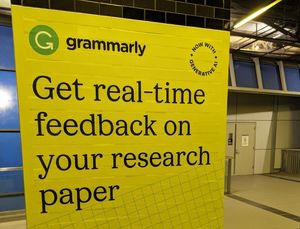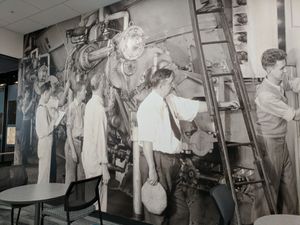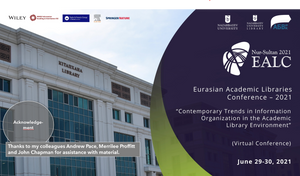I mentioned the other day that a part of the value of Flickr was that it made images citable, or, in the term suggested by Jon Udell in a nice post about media, ‘link-addressible’. Jon’s last sentence below (my emphasis) is a nice statement of the importance of ‘citability’.
In my earlier experiments with MP3 sound bites I showed how seemingly-opaque and statically-served audio files can be made link-addressable, and can therefore be quoted from in situ. Composing on-the-fly remixes is one of the nice benefits that fall out of this approach, but the larger goal is to bring the social effects we see at work in the textual blogosophere into the realm of audio. Linking and quotation drive discovery and shared discourse, but media formats, players, and hosting environments are notoriously hostile to linking and quotation, and I’d really like to see that change. [Jon Udell: Greasemonkeying Google Video]
I noticed this because – as he discusses how an item may have multiple identifiers – he draws attention to our proof-of-concept xISBN service. And he finds good words with which to describe it:
It’s my view that every media player should also be, at least potentially, an authoring tool as well. And every piece of published media content should afford, at least potentially, a canonical address — indeed, a whole family of them. In the case of Google Video, the classic Doug Engelbart video shown in the embedded screencast has the unique ID -8734787622017763097. My Greasemonkey script uses that information to play back or download some or all of the video. Of course the same video might appear at Ourmedia.org or Brightcove, where it would have different identifiers. If we want to concentrate the discourse about media content, we’ll need services that can unify these various identifiers, as the OCLC’s xISBN service aims to unify the cloud of ISBNs that represent different expressions of the same work. [Jon Udell: Greasemonkeying Google Video]
Incidentally, xISBN has been cropping up in several places recently, as here at libdev for example.



